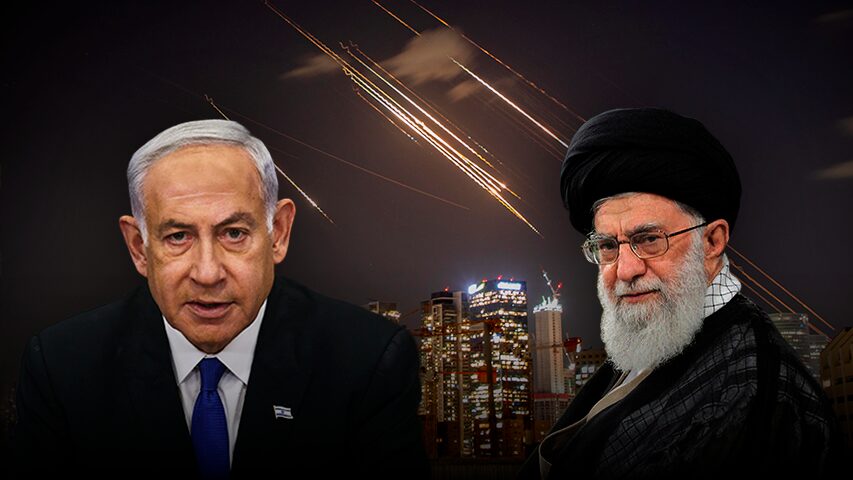On June 13, 2025, Israel initiated a large-scale military operation dubbed “Rising Lion,” targeting Iran’s nuclear infrastructure, ballistic missile sites, and military leadership. The operation aimed to dismantle Iran’s nuclear weaponization capabilities, which Israeli officials claimed had advanced to the point of enabling the production of nuclear weapons within days.
Israeli Prime Minister Benjamin Netanyahu released a seven-minute video in which he confirmed a military operation against Iran called “Rising Lion” had begun and could last “as many days as it takes.”
“We struck at the heart of Iran’s nuclear enrichment program. We struck at the heart of Iran’s nuclear weaponization program. We targeted Iran’s main enrichment facility in Natanz. We targeted Iran’s leading nuclear scientists working on the Iranian bomb. We also struck at the heart of Iran’s ballistic missile program,” he said.
Defense Minister of Israel Katz announced on Friday that the Israeli Air Force conducted a “preemptive” strike against Iran. While Iranian media reported explosions in Tehran, as well as missile interceptions.
An emergency situation has been declared across Israel. “Following the State of Israel’s preemptive strike against Iran, a missile and drone attack against the State of Israel and its civilian population is expected in the immediate future,” Katz said.
Key targets for Israel’s attacks included the Natanz enrichment facility, Khondab, and Khorramabad nuclear sites, as well as military installations and residences of high-ranking officials. The Israel Defense Forces (IDF) deployed approximately 200 fighter jets, executing precise attacks on dozens of military and nuclear targets. Notably, Iranian military leaders, including General Hossein Salami and Major General Mohammad Bagheri, as well as nuclear scientists Fereydoun Abbasi and Mohammad Mehdi Tehranchi, were reportedly killed in the strikes.
Iran’s Response: Retaliation and Escalation
In retaliation, Iran has launched over 100 drones toward Israel, prompting nationwide alerts and the closure of Tel Aviv’s airport. The Iranian government condemned the Israeli strikes as acts of aggression and vowed severe retaliation. Iran’s Supreme Leader, Ayatollah Ali Khamenei, and the Islamic Revolutionary Guard Corps (IRGC) announced plans for “harsh revenge,” signaling further escalation in hostilities. Additionally, Iran suspended flights at Imam Khomeini International Airport and closed its airspace, while also urging its allies to prepare for possible counterattacks.
International Reactions
The international community expressed concern over the escalating conflict. The United Nations and the International Atomic Energy Agency (IAEA) issued statements urging restraint and emphasizing the need for diplomatic efforts to prevent further violence. U.S. officials denied involvement in the Israeli operation but emphasized their commitment to protecting American personnel in the region. The timing of the Israeli strikes, occurring just days before scheduled U.S.-Iran nuclear negotiations in Oman, has raised questions about the potential impact on diplomatic efforts aimed at de-escalating tensions.
Operation Rising Lion marks a significant escalation in the ongoing Iran-Israel conflict, with both sides engaging in direct military actions. The situation remains fluid, and the potential for further escalation now seems inevitable. Donald Trump and the USA have repeatedly assured that they are on Israel’s side and Iran sees this in the same way. A larger scale confrontation between and Iran ana Israel is now simmering, with the possibility of the middle east becoming a huge battlefield.
